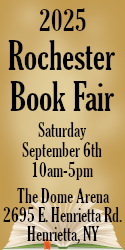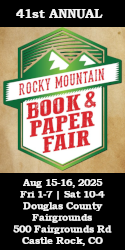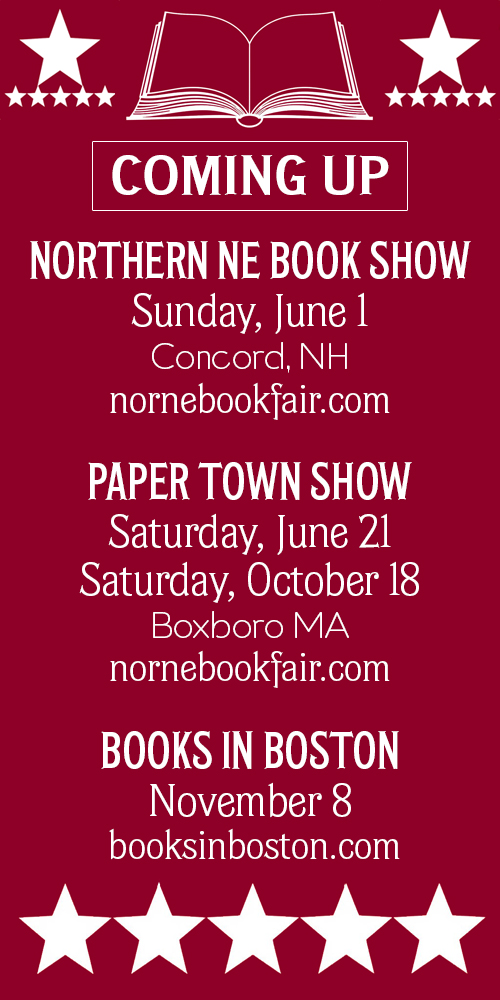Review of "Shows, Shops & Auctions"
Amy Gale’s Shows, Shops & Auctions: Essays on the Antiques Trade (Published by Witlings Press, 2013) is in many ways a memoir-in-progress in the form of a collection of personal essays. If you’re a bit weary of self-important puffery by tradesmen who fancy themselves the center of the business world, you might give her book a go – it's a breath of fresh air that reminds me a lot of Paul Minet’s Late Booking that was published back in the 1980s – if not in style, certainly in terms of honesty.
From the blurb that appears on the back cover:
Amy Gale started out on the Upper East Side and worked her way down the career ladder. She spent the early days of the Great Recession in an East Harlem salvage yard. Miss Gale has a MA in the history of decorative arts... and studied medieval history at the Sorbonne.
She has been published in more than 30 magazines, including the one you are now reading, and currently lives in New York City where she catalogs silver and reads French novels.
The titles of many of the essays tend to be descriptive and straightforward hence “Early Memories of a Book Fair”, “Remembering George Whitman”, Diary of a Miami Beach Antique Show”, “Don’t Forget to File Your Taxes”, “Trade versus Museum”, “Crazy Colleagues”, “The Upside of a Down Market”, “After the Crash”, “Ikea and the Promises of No Emotional Attachment”, “It Doesn’t Have to be the Next Big Thing”, etc.
The writer has been a bit roughed up by her years in the trade, yet she manages to maintain a wry sense of humor throughout. Clearly the antiques and antiquarian book trades are career paths where it is not always possible to monetize one’s knowledge and expertise, but sometimes there are rewards that come from writing about the experience.
On book fairs, New York’s spring ABAA fair to be specific – “I met the most delightful people. There were the collecting couples. One stands out: the Hogarth Press for him and Virginia Woolf for her. They bought a few things – only a few because there was not much left to acquire – then stayed on to chat about Mrs. Dalloway.” (and also) “... not all sales were at this emotional pitch. The esoteric and scholarly book world attracts its share of the stupid rich...(they) have to spend their money somewhere (and) ...thanks to them, we did a thriving business in Victorian gilt-stamped bindings. I remember holding up copies of Cranford and Evelina for one lady, who asked her husband. ‘What do you think, dear? Should we take the blue or the red?’ ”
On working in an architectural salvage yard in East Harlem - “I learned a lot during those months. Until I worked with salvage, I had never really understood modernism. I had taken classes on it and written about it. But I can say I did not understand its principles and influence until the freezing day when we had to measure and photograph a truckload of Louis XV boiserie...”
From the January 30th entry to “Diary of Miami Beach Antique Show” she notes “Last day of set up...booth is not much smaller than store, but it’s a challenge to find room for everything. More buying and selling with some pieces bought and sold over and over. Having vague college memories of Keynesian multiplier. Also having vague childhood memories of hot potato”.
In the essay entitled “Remembering George Whitman”, she writes about the person who took over Sylvia Beach’s Shakespeare and Company name in 1964 and kept up the bookstore’s tradition of providing a hospitable meeting place for English-speaking expats until his death in 2011. – “To be an American in France in those years (the 1980s) meant being quizzed on obscure points of Latin American policy. It meant being told that the American role in World War II was overrated. The waiter who served your croque-monsieur complained about his cousin’s treatment at the hands of Houston customs agents. And while American friendliness was rejected as superficial, any expression of reserve was a bigoted intolerance of foreign cultures. You couldn’t win...”
My only real criticism of the book has to do with the quality of Amazon’s Create Space, one of the independent (POD) alternatives to mainstream publishing. The content of the book is deserving of better typography and overall book design. I would have preferred a traditional serif type face, instead of Arial or whatever sans-serif font was used. And also, fully justified text without hyphenation at the end of a line can result in occasional stretched out lines or what I call the slinky effect. But all of this is petty nit-picking and small beer and shouldn’t prevent you from reading an entertaining and controversial collection of essays. Copies can be ordered from Witlings Press (www.witlingspress.com) for $9.99.


























